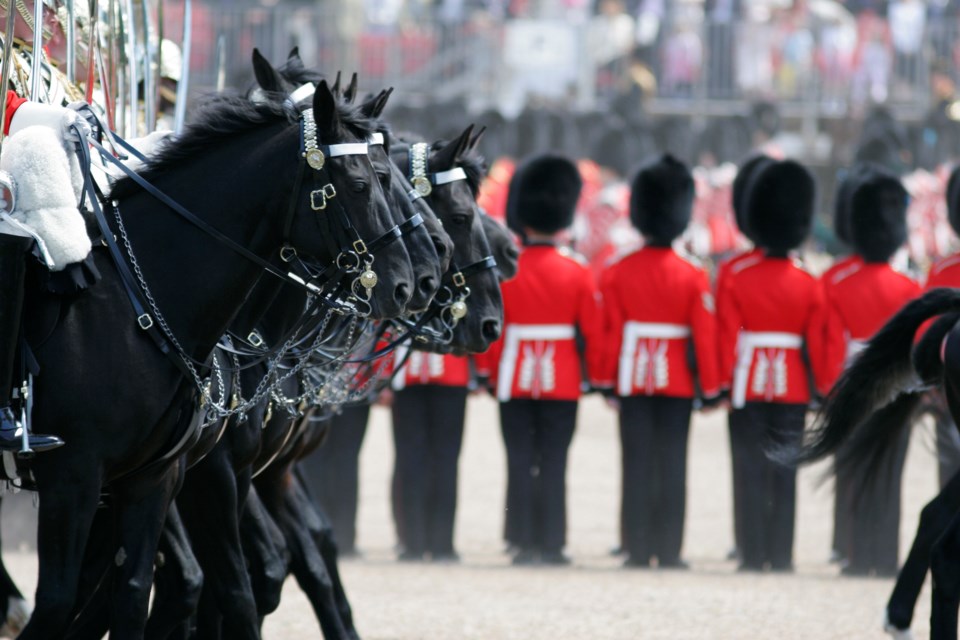"I declare before you all that my whole life, whether it be long or short, shall be devoted to your service.”
Queen Elizabeth II, who uttered those words in a speech on her 21st birthday in 1947, had a long one.
In her 96 years of life, the Queen sat on the throne for 70 years, becoming the second longest reigning monarch in history after "the Sun King" Louis XIV.
During those many decades, the Royal Family was not short of scandals, and it was during her reign that the British empire unravelled as many countries declared their independence and abolished their ties with the monarchy.
Through the years, the Queen had a strong influence on the world, mainly owing to the strong presence she had in the Commonwealth and her warm, approachable persona.
With her death, is there a future for monarchy in Canada?
The Queen was instrumental in maintaining the strength of the monarchy
"The Queen had allowed for a lot of Canadians to feel connected to that monarchy," Simon Fraser University history professor Nicolas Kenny said.
Kenny said she maintained a high profile in Commonwealth countries, which allowed people to feel a connection to the Crown. "Without her charisma to sustain them, it will be interesting to see what will happen to the future of monarchy."
Yet as the world mourns the Queen's death, debates are being reignited about the relevance of monarchy in the world.
Last September, and parted ways with the Crown, and .
A report by Angus Reid Institute in April showed the of the Royal Family. A majority of the population was in favour of severing ties with the monarchy, and less than 29% were enthusiastic to see the heir, King Charles, take over.
This could result in a shift in the landscape of Canadian politics in the years to come, according to Kenny.
Canada's future with monarchy and Commonwealth
Kenny noted that Canada has a long historical narrative that ties Canadian identity, particularly English Canadian identity, to British imperialism.
Globally, though it was a slow and gradual process, the separation from monarchy was building up for a long time as countries became politically independent.
Despite talk of Canada exiting the Commonwealth, in the midst of the ascension of a new King, Kenny mentions that it is important to keep in mind that constitutionally, Canada's political system is a parliamentary one.
"Exiting the Commonwealth has significant implications for how our democracy works, how our governments are appointed, how our laws are passed," he said. "Although the King now might be a titular figurehead, due to the political connection to monarchy, it would raise a whole lot of questions like, 'What do we replace that with?'"
In the absence of serious conversations about to replace a system that has governed Canada throughout its history, Kenny said it is hard to speculate how things would play out, keeping in mind the political and practical questions.
"I think there's been maybe an unwillingness to confront the fact that this reality was coming. It's here before us now. I'm not sure the country is particularly prepared for this discussion," he said. "Replacing the monarchy would require essentially writing a new constitution. And that's a very contentious issue in Canada."
Discussions about decolonization, effects of colonialism on Indigenous people historically and presently are helping to frame the way we perceive monarchy in the country.
Whether the Canadian government parts ways with the new King or just lays the road for the future, there is going to be a significant change in Canadian politics, whether or not the country is ready for it, he said.


